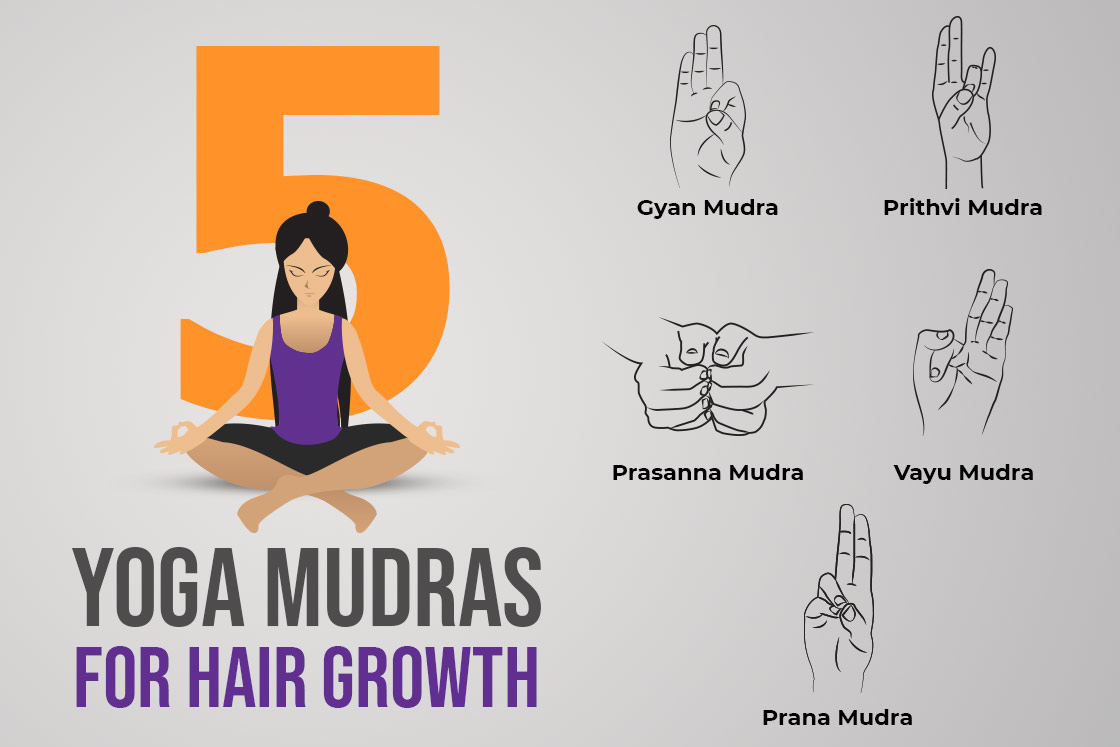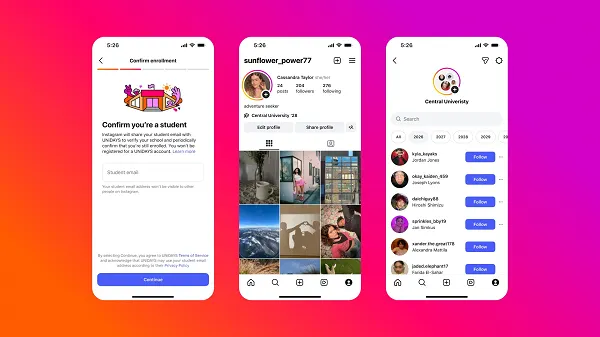Why You Need to Stop Clicking Sponsored Google Links
We all google, so we’re all used to Google’s quirks, sponsored links being one of the most visible. These links appear at the top of any given Google search, depending on who pays the most to be there. Even...

Photo: Rawpixel.com (Shutterstock)
We all google, so we’re all used to Google’s quirks, sponsored links being one of the most visible. These links appear at the top of any given Google search, depending on who pays the most to be there. Even though these links can be largely irrelevant to what you’re actually searching for, sometimes they’re right on the money. However, even if it looks like a sponsored link applies to your search, don’t click it. It might be a scam.
The latest example of this nefarious misuse of Google Ads comes to us via Twitter. Author Cory Doctorow tweeted about his experience trying to place a takeout order with a local Thai spot. When Doctorow googled the name of the restaurant, Kiin Thai Eatery, he naturally clicked the first result that popped up, which happened to be a sponsored link.
Who cares, right? A link’s a link. That is, unless someone has hijacked the identity of the restaurant, which is exactly what happened in this case.
The link loaded to a website purporting to be Kiin Thai Eatery, inviting Doctorow to place an order. He did, and paid for his meal, only to receive a call from Kiin Thai Eatery shortly after. The restaurant informed Doctorow that they did receive an order—from a known scammer. The scammer had created a fake website mimicking Kiin Thai Eatery’s menu, upped the prices by 15%, and placed an order with the real restaurant in Doctorow’s name, hoping no one would notice.
G/O Media may get a commission
Luckily, Kiin Thai Eatery did, and subsequently canceled the order. But Doctorow was still on the hook for the charges—plural, since the scammers also double-charged Doctorow for the fake order. Doctorow’s experience brings up two major concerns: Why did American Express issue a merchant license to scammers using a Wix phone number, rather than an official business number? And why would Google give the scammers a sponsored ad card when one already existed for the actual restaurant?
These scammers reveal a potential underground world of micro-theft. Unsuspecting customers make marked-up payments through a dubious middle-man, who then passes along the order to the actual merchant, skimming the difference off of the top for themselves. Sure, as Doctorow points out, it’s not much different than what third-party food services do. Of course, you never consented to order through these scammers.
This type of scam is nothing new. According to a Which? investigation from 2020, scammers could create fake business ads on Google “within hours,” starting with a fraudulent business page on Facebook and moving on from there. Plus, it isn’t only fake businesses you need to watch out for: Bad actors will also lace Google Ads with malware, infecting your system when you click on a link you think is useful and legitimate.
In short, Google doesn’t seem inclined to solve this problem anytime soon. It doesn’t help the company makes most of its money from ads, so the incentive really isn’t there. The safest option is to avoid sponsored links (and other ads) altogether. It’s good googling practice, anyway: Often these links aren’t what you’re searching for anyway, or, if they are, they lead you to “deals” or other pages you’re not interested in. Scroll down a bit each time you search and you won’t have to worry about supporting a scammer.

 Tekef
Tekef 

































